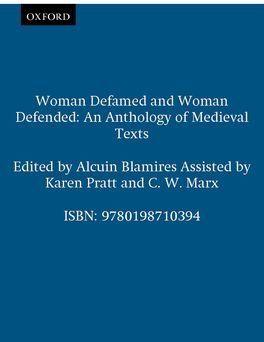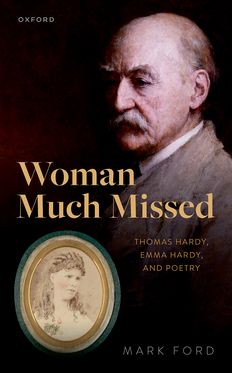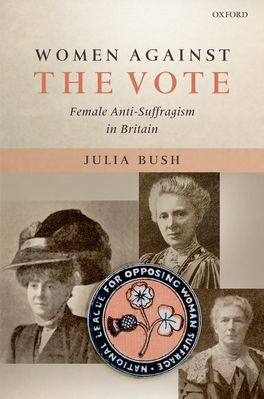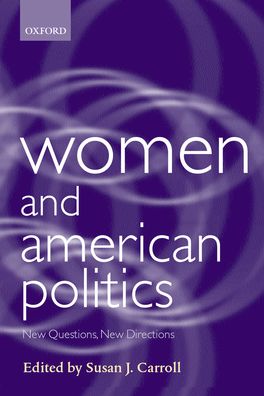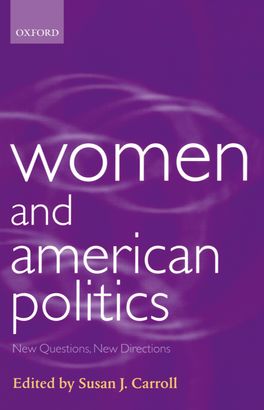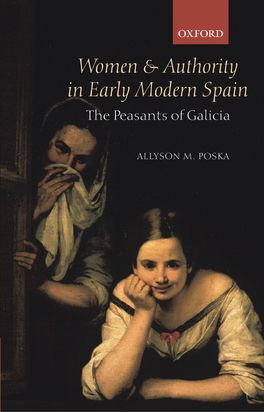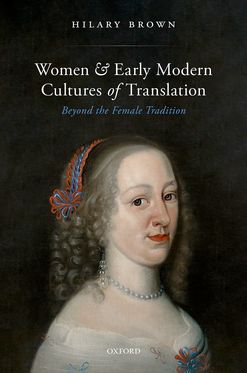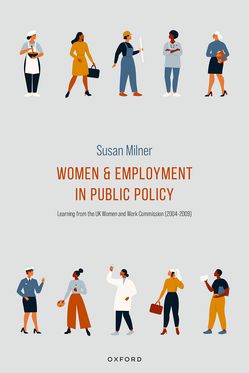You have no items in your shopping cart.
Filter by attributes
- Audience
Oxford University Press
Wolfgang Amadeus Mozart
Written by the leading Mozart scholars of the 1990s, this volume embodies the latest thinking about Mozart: the times he lived in, the ways he composed, and the hidden meanings of his music.
$695.00
Woman Defamed and Woman Defended
This sourcebook of texts in modern translation makes accessible key anti-feminist works, together with a surprising range of early texts championing women.
$116.95
Woman Much Missed Thomas Hardy, Emma Hardy, and Poetry
Woman Much Missed is the first book-length study of the many poems that Thomas Hardy composed in the wake of the death of his first wife Emma. It shows how Emma's writings and experiences were fundamental to Hardy's evolution into both a best-selling novelist and into one of the greatest poets of the twentieth century
$58.95
Women Against the Vote
British women who resisted their own enfranchisement were ridiculed by the suffragists and have since been neglected by historians. Yet these women, together with the millions whose indifference reinforced the opposition case, claimed to form a majority of the female public on the eve of the First World War. Julia Bush rediscovers the history of female anti-suffragism in Britain, providing new perspectives on the campaigns both for and against the vote.
$265.00
Women and American Politics
This volume brings together leading scholars to provide an account of recent developments and the challenges that the future brings for women in American Politics. The book examines women's participation in the electoral arena and the emerging scholarship on the relationship between the media and women in politics, the participation of women of colour, and women's activism outside the electoral arena.
$157.95
Women and Authority in Early Modern Spain
Using a wide array of archival documentation, including Inquisition records, wills, dowry contracts, folklore, and court cases, Poska examines how early modern Spanish peasant women asserted and perceived their authority within the family and community and how the large numbers of female-headed households in the region functioned in the absence of men.
$413.00
Women and Early Modern Cultures of Translation Beyond the Female Tradition
A fresh perspective on women translators in the early modern period, with particular focus on the relatively underexplored culture of translation in Germany.
$178.95
Women and Employment in Public Policy
Using documentary evidence and interviews from leading policy actors from the period, Women and Employment in Public Policy takes as its starting point the UK Women and Work Commission, which was convened in 2004 to examine causes of the gender pay gap.
$191.95


